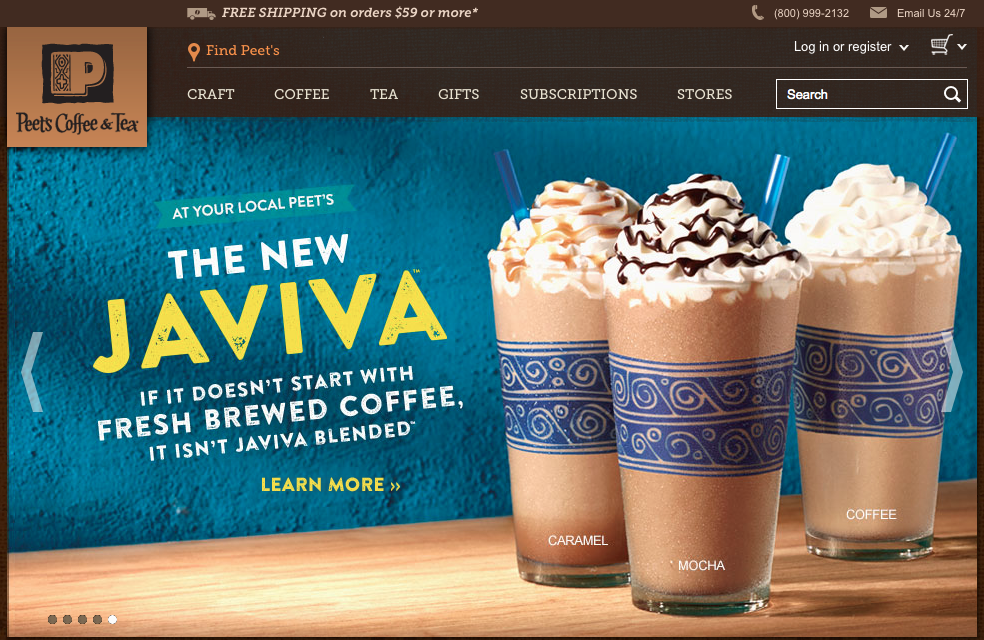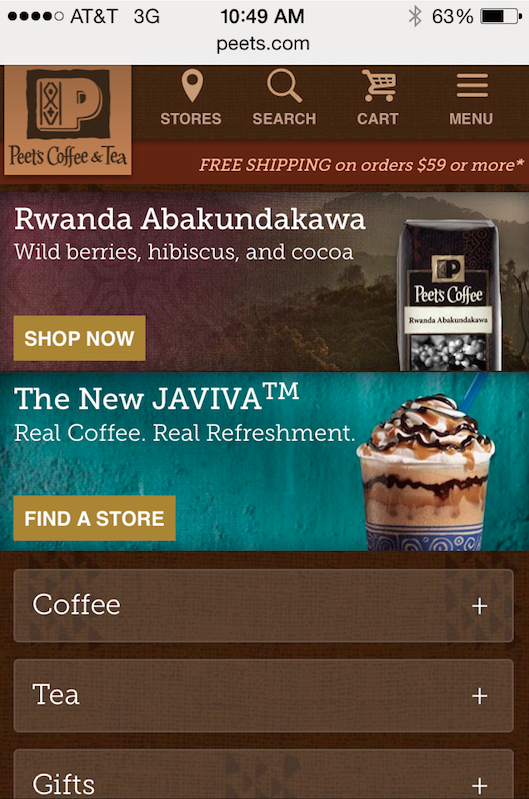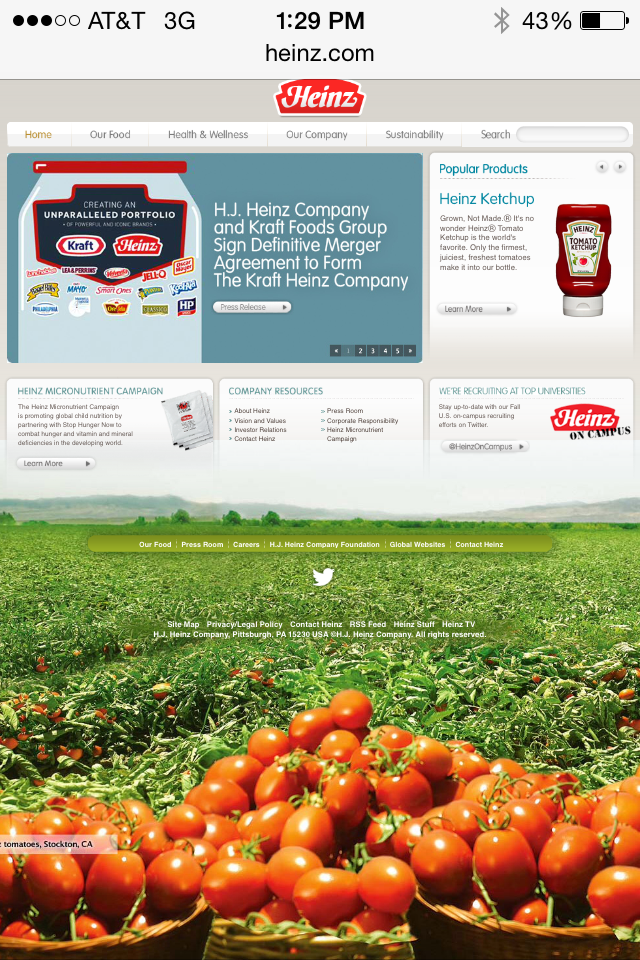Marketers know mobile marketing is a critical component of any marketing strategy. Consumers cannot live without their smartphone and mobile device’s have become an integral part of consumer’s daily life.
Despite knowing the inherent impact of mobile, many brands are struggling to create and implement an effective mobile strategy. Yesterday’s American Marketing Association (AMA) meeting helped marketers better understand how to outsmart the smartphone and optimize their mobile marketing strategy.
Experts Scott Talbott from Verve Mobile, John Nosal from Advice Local, Abhi Vyas from Dex Media, and Bryon Morrison from NectarOM, sat down and shared how your brand can outsmart the smartphone.
Here are a few highlights from the panel discussion.
Consider the Omni Channel Experience
In addition to the 40 or so apps on your phone you also have the option to do email, send SMS, browse the web, post on social media, and receive push notifications. Smartphones have put 6 channels into one device along with more than 100 sensors, making it more important for marketers to think about the omni channel experience the device creates. Traditionally brands have siloed channels, creating a disconnected experience for the customer. Mobile is forcing marketers to break down silos and unify their efforts. Bryon Morrison suggested the consumer needs to be the center of the customer journey, not the channels. He continued, “If you understand the individual and their motivations then the mobile device is the most important marketing tool, because it packages all the channels in one device along with movement.
Target the Right Person at the Right Place and at the Right Time with the Right Message
From a location perspective mobile unlocks an interesting opportunity for marketers: location based marketing. Customers are starting to expect brands to tailor content to their location, and are more likely to convert when content is customized to their location. Brands leading with location by utilizing location based advertising or managing their local presence will be more likely to convert mobile customers. John Nosal believed that brands who focus on the mobile experience will win more customers.
Get in the Game
When asked who is doing a great job in mobile, Morrison replied, “The ones in the game that are testing and failing fast.” He cited specific examples of early innovators that are now experiencing great success with mobile – eBay and their multi-app strategy were the first to post a billion in mobile sales; Walgreens gets 6x more revenue from customers that download their app; Walmart attained a 2% increase in conversions by shaving 4.3 seconds off their page download time.
Nosal responded that Starbucks was a leader in the mobile experience citing the ability to order and pay for coffee through their app. He also mentioned grocery stores like Tom Thumb (parent company, Albertsons) are leading the way, mentioning ability to build grocery lists through scanning barcodes with the app and use of push notifications to notify consumers of deals.
Know the Metrics that Matter
Don’t get caught up in the funnel metrics. Keep it simple and make sure that your KPIs link to mobile moments that matter like conversions and sales. Scott Talbott gave an example of automobile marketers getting too caught up in desktop web funnel metrics while missing out on the opportunity to reach prospects while they are physically standing on a dealership lot. Morrison also shared an example of a client that spent an immense amount of energy on app optimization, as opposed to growing their SMS channel which was delivering in-store mobile coupon conversions between 25%-45%.
Get to Know Your Customers
Brands know it is important for them to understand their customer and Abhi Vyas mentioned 81% of them think they are doing a good job. However, only 37% of customers think their favorite retailer understands them. The panel agreed this was a function of marketing departments, as opposed to mobile marketing. As an example, Morrison mentioned that marketing departments are often set up to launch and manage channels which is time consuming and laborious. That creates silos and makes cross channel marketing a challenge. If organizations focused on profiles and used a personalization platform then their ability to integrate a new channel would be much faster, easier and cost effective. That approach would also allow a brand to innovate faster which is currently being outpaced by consumer sophistication levels and expectations.
Talbott proposed one way companies could better market is by focusing on context, stating that “content is now secondary to context.” He also mentioned that mobile location matched against 1-to-1 knowledge of a customer is the best way a marketer can get to an understanding of intent.
If you are interested in learning how you can better deliver the right message, at the right time, to the right person let us know and schedule a demo to see the NectarSuite in action.




 Mobile-specific: Mobile specific configuration can look significantly different from a website viewed on a computer. Oftentimes, these sites utilize less text, larger links, and resizing features to make the mobile commerce experience easy for users. Mobile-specific sites usually use “m” as their subdomain. For example, Peet’s Coffee and Tea
Mobile-specific: Mobile specific configuration can look significantly different from a website viewed on a computer. Oftentimes, these sites utilize less text, larger links, and resizing features to make the mobile commerce experience easy for users. Mobile-specific sites usually use “m” as their subdomain. For example, Peet’s Coffee and Tea
